Introduction: The AI Revolution at Your Side
By 2025, AI friends will have come out of sci-fi dreams and into our daily lives. Is it the AI helper apps on your mobile phone, chatbots in your web browser, or robots looking after old folks? Whatever it is, artificial intelligence has never been more human-like and within our reach. But this growth comes with both convenience and suspicion. Are AI friends really useful, or are they encroaching too far into our lives?
This piece investigates the changing landscape of AI companions—from intelligent Zoom functions and classroom detection software to emotional robots taking care of our elders. We’ll also mention privacy issues, ethics, and how to control your digital relationships with AI.
What Are AI Companions?
AI companions are computer programs or robot characters that engage with humans in a personal, intelligent, and sometimes emotive way. These may include:
- AI chatbots that mimic conversation
- AI personal assistant apps such as Siri, Alexa, or Google Assistant
- AI care robots are meant for elderly care.
- Instructional AI software such as Class Companion
These systems employ natural language processing, machine learning, and in some cases, physical hardware to provide feedback to your needs, learn your habits, and even provide emotional support.
AI Companion Robots for Elderly Care (2025 Update)
One of the most significant uses of AI companions in 2025 is within elderly care. With aging populations and overburdened healthcare systems, robots are filling the gaps.
Top Elderly Care AI Robots in 2025
- ElliQ – A warm AI companion that reminds users to take medication, participate in activities, and stay connected with people.
- PARO – A therapy robot seal that understands touch and voice, fighting loneliness.
- Robear – An automated caregiver that can lift patients from beds and chairs.
These automated caregivers are taught to comprehend speech, recognize emotional signals, and even start a conversation to prevent loneliness.
Benefits:
- Availability 24/7
- Lightens caregiver workload
- Boosts emotional health
- Improves medication adherence
Challenges:
- Exorbitant cost
- Privacy issues
- Emotional reliance
AI Assistant Apps: Your Digital Sidekick
Whether you are juggling your schedule or drafting an email, AI assistant apps have become your second brain.
Top AI Assistant Apps in 2025
- ChatGPT Voice (OpenAI) – Now on mobile OS for real-time chat.
- Replika – Emotional AI friend providing friendship and emotional support.
- Pi by Inflection AI – Personal, soothing, and emotionally smart assistant.
- Notion AI – Integrated in productivity software to summarize, write, and plan.
These helpers are making individuals write better, think quicker, and remain focused—but they also gather a great deal of user data. Always review app settings to restrict data gathering.
Zoom AI Companion: How to Disable
Zoom launched its AI Companion in 2023 to assist in summarizing meetings, creating emails, and analyzing meeting material. Although useful, some users might find it intrusive or unnecessary.
How to Disable Zoom AI Companion:
- Log in to your Zoom web interface.
- Navigate to Settings > Meeting > In Meeting (Advanced).
- Search for AI Companion settings (e.g., Meeting Summary, Smart Recording).
- Turn off any feature you don’t need.
- Save changes.
If you have a corporate Zoom account, your admin might have control over these. If so, reach out to your IT administrator for additional help.
Can Class Companion Identify AI Use by Students
As students use AI tools such as ChatGPT to generate essays, learning platforms such as Class Companion are embracing AI detection capabilities.
How It Works:
- Class Companion employs algorithms to check writing style, syntax, and originality.
- It marks down material that appears to have been generated with AI tools.
- Teachers can then manually check the marked material.
Can It Detect AI?
The detection is not infallible. Human writing can be mimicked by AI-generated text, and vice versa. These instruments are more accurately viewed as guides and not as final adjudicators. Transparency and digital literacy are essential in AI-augmented learning spaces.
AI Chatbots: Are We Talking to Machines Too Much?
AI chatbots surround us—everywhere from websites to mental health applications. Applications such as ChatGPT, Claude, and Bard now do everything from coding to therapy.
Use Cases:
- Customer support
- Personal therapy
- Language learning
- Shopping aid
But ease of conversing with AI is also causing alarm. Are we becoming too emotionally dependent on machines? Do we still know how to communicate with flesh-and-blood people?
The Rise of AI Companions: Helpful or Creepy?
As AI becomes more intimate and emotionally smart, we need to ask: are AI companions useful friends or creepy intruders?
Helpful Because:
- They ease loneliness
- Boost productivity
- Provide non-judgmental support
- Enhance care for the elderly.
Creepy Because:
- Constant listening
- Emotional manipulation risks
- Potential for surveillance
- Ethical concerns in replacing human interaction
Privacy, Ethics & Responsibility in the Age of AI Companions
Data Privacy Concerns
AI companions collect massive amounts of data—from your speech patterns to emotional states. Always review privacy policies and opt out of data sharing where possible.
Emotional Dependency
AI can provide a false companion. Emotional support is needed, yet human interaction remains irreplaceable. Parents and caregivers need to keep an eye on usage, particularly for teenagers and the elderly.
Regulation in 2025
Governments are beginning to regulate AI tools. The EU AI Act and U.S. guidelines are now established to control ethical use. Additional nations are predicted to adhere.
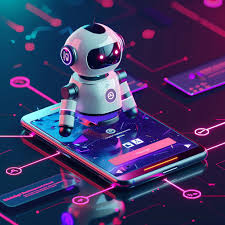
How to Choose the Right AI Companion for You
Not all AI friends are created for the same purpose. The correct one will be determined based on your particular needs—you want emotional support, help with productivity, or elderly care assistance. Here’s a rundown to guide you in deciding:
For Productivity:
If you need help organizing tasks, writing content, or summarizing information, the best tools would be Notion AI and ChatGPT. These help streamline workflows, boost creativity, and handle repetitive tasks efficiently.
For Emotional Support:
Seeking a non-critical ear or a listening friend? AI friends such as Replika and Pi AI are designed with emotional quotient in mind. They are capable of having deeper conversations, providing mental wellness assistance, and alleviating loneliness.
For Elderly Care:
Seniors requiring daily reminders, companionship, or physical assistance can be helped by AI companions such as ElliQ and PARO. These robots are intended to foster engagement, independence, and emotional well-being among older adults.
For Education:
Teachers and students can learn about AI tools like Class Companion and Khanmigo. These platforms provide support for tutoring, feedback, and assignment assistance, making learning more interactive and customized.
For Communication Aid:
If the interest is in transcription, meeting summaries, or live note-taking, tools such as Zoom AI Companion and Otter.ai can be considered. Such tools are particularly beneficial for remote teams, teachers, and working professionals.
Prior to deciding on any AI companion, the tool needs to be tried out, and reviews from other users need to be read. Not all solutions are suitable for all users—so it’s worth taking the time to discover one that suits your objectives, comfort level, and privacy needs.
The Future of AI Companions (2025–2030)
In the future, AI companions will:
- Become increasingly emotionally intelligent.
- Merge AR/VR to create fully immersive experiences.
- Operate within multi-platform ecosystems.
- Be regulated by ethical AI frameworks.
The actual question will be: Where do we draw the line between tool and friend?
Conclusion: Coexisting with AI Companions
AI companions in 2025 are more advanced and personal than we have ever seen. They can help us, support us, care for us-but on the other hand, they raise critical ethical and emotional questions, making it more than important that we continue blurring technology into our lives with proper understanding and bounded limits in ensuring that AI serves humanity, not otherwise.
Whether you adore your AI companion or fear its power, one thing’s for sure: the era of digital companionship has come, and it’s staying.
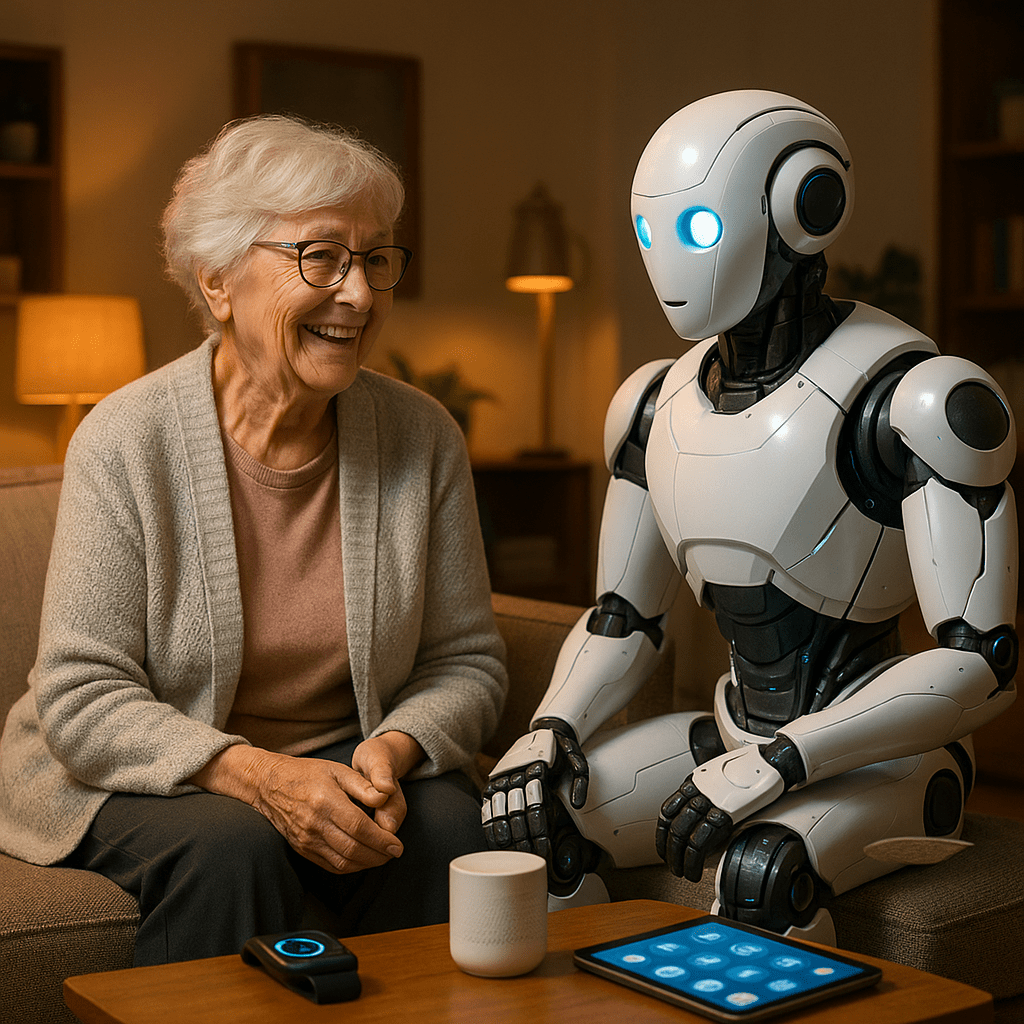

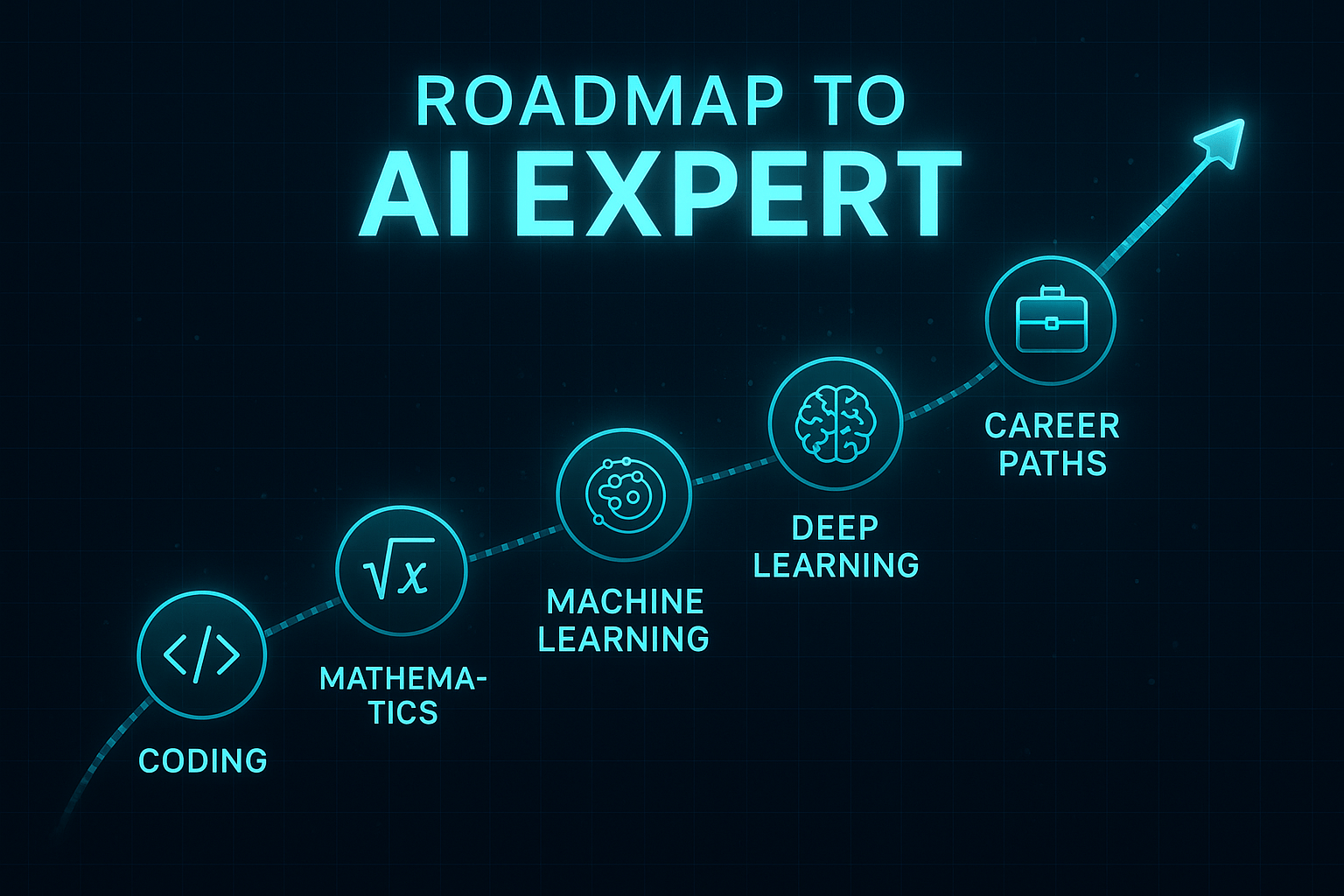

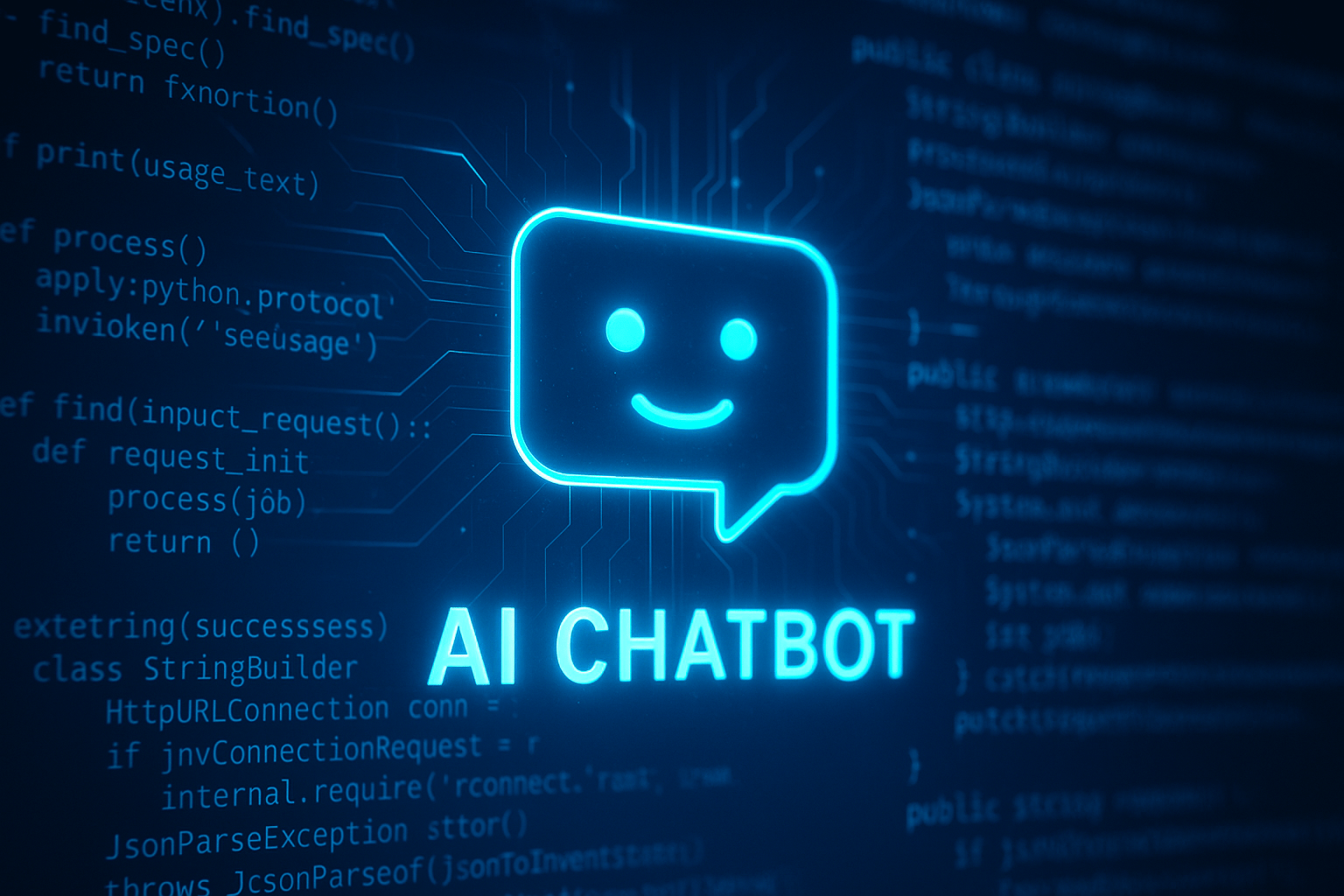

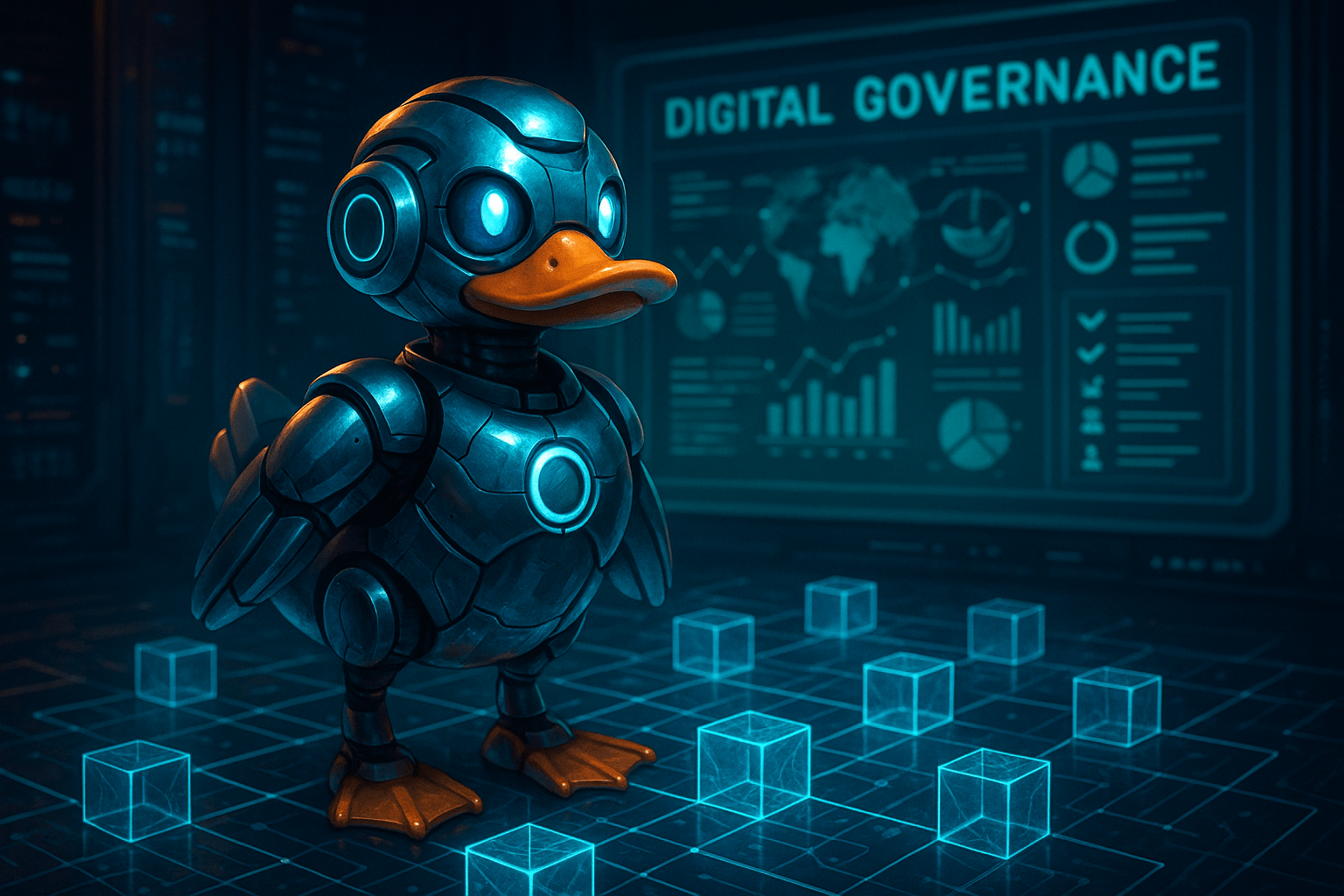
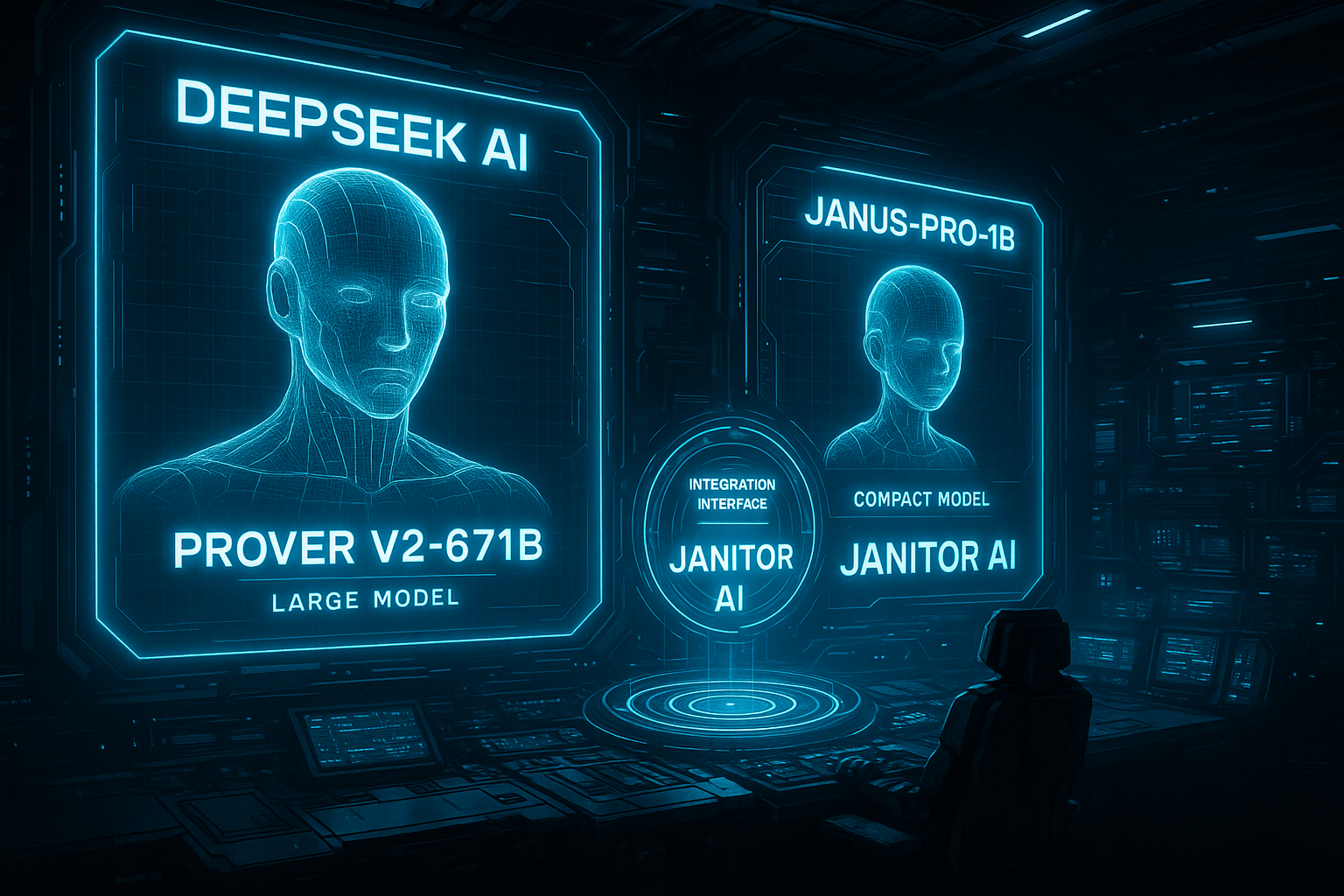

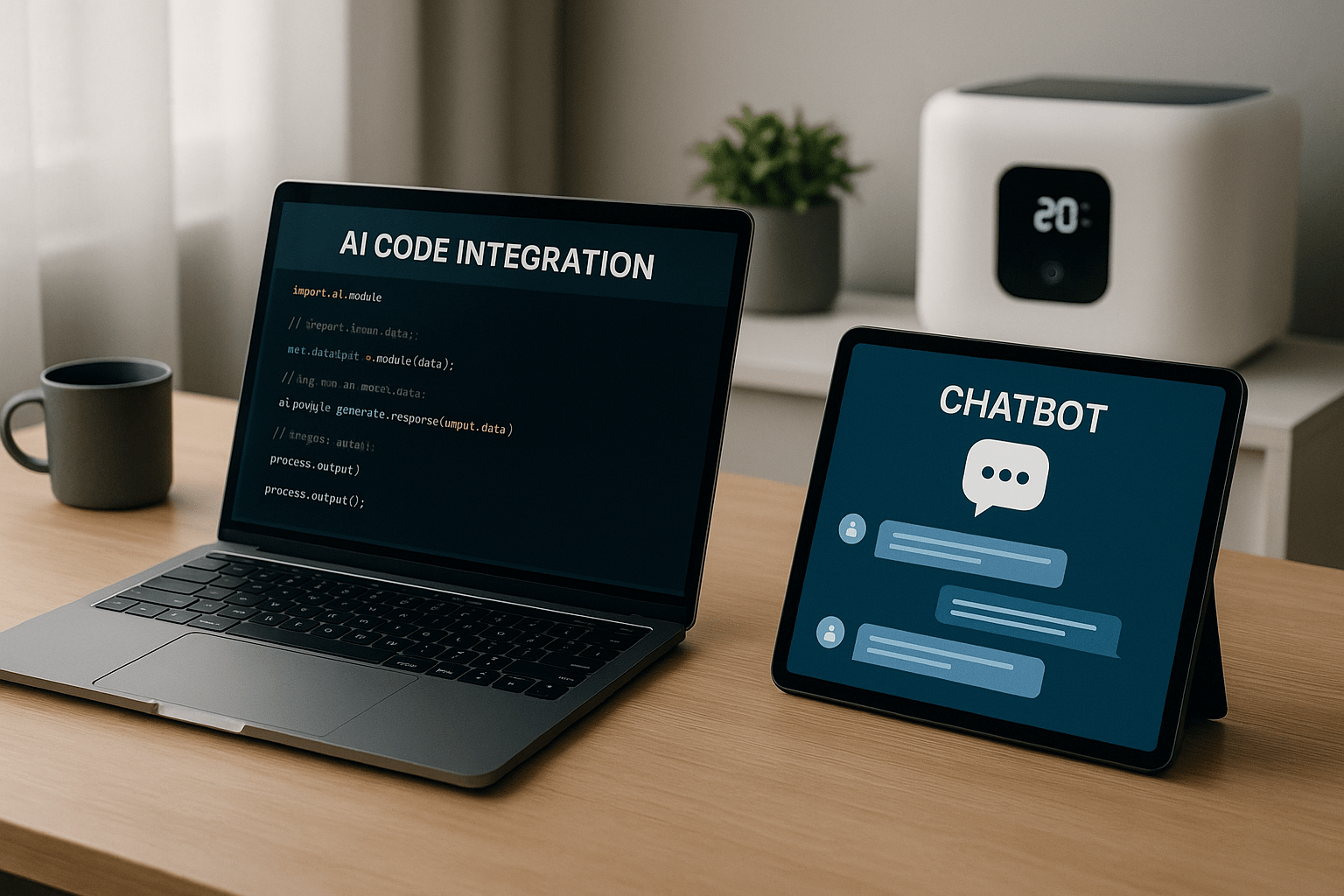
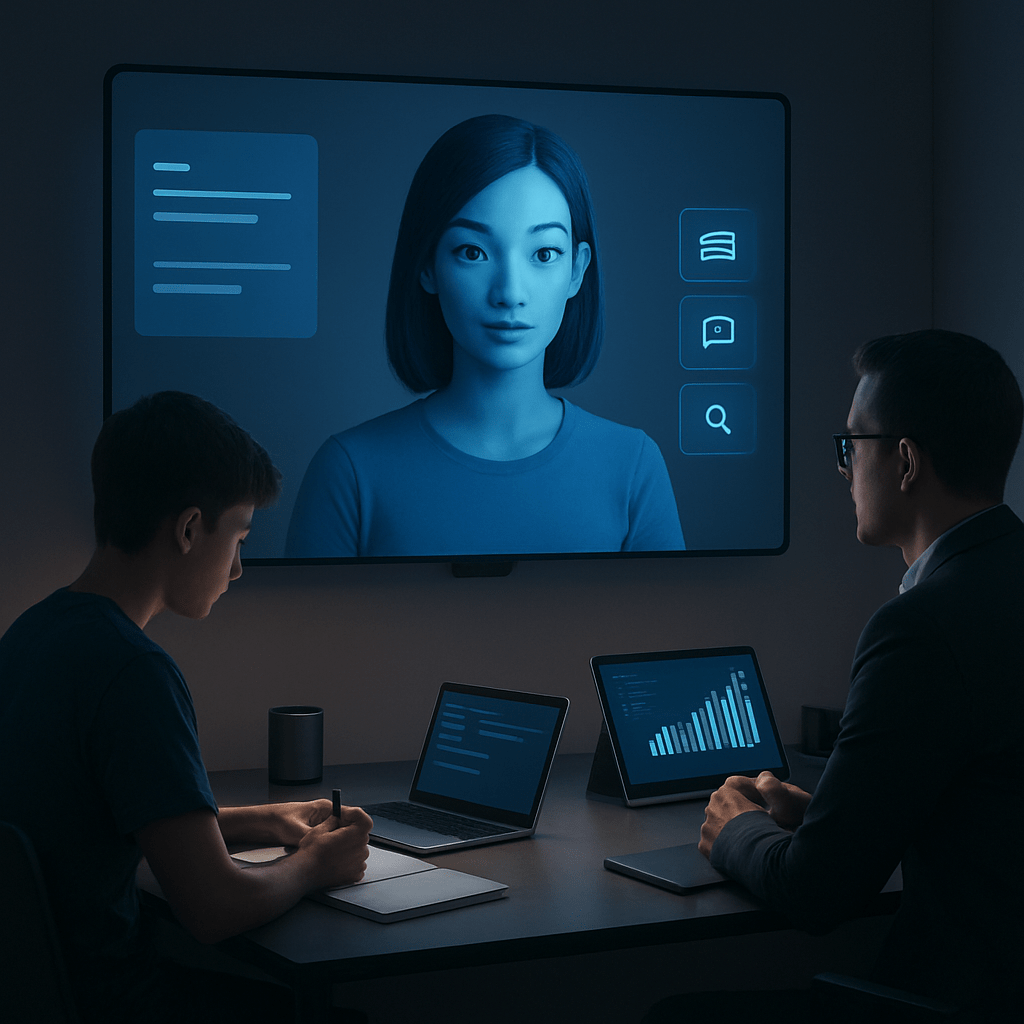
Leave a Reply